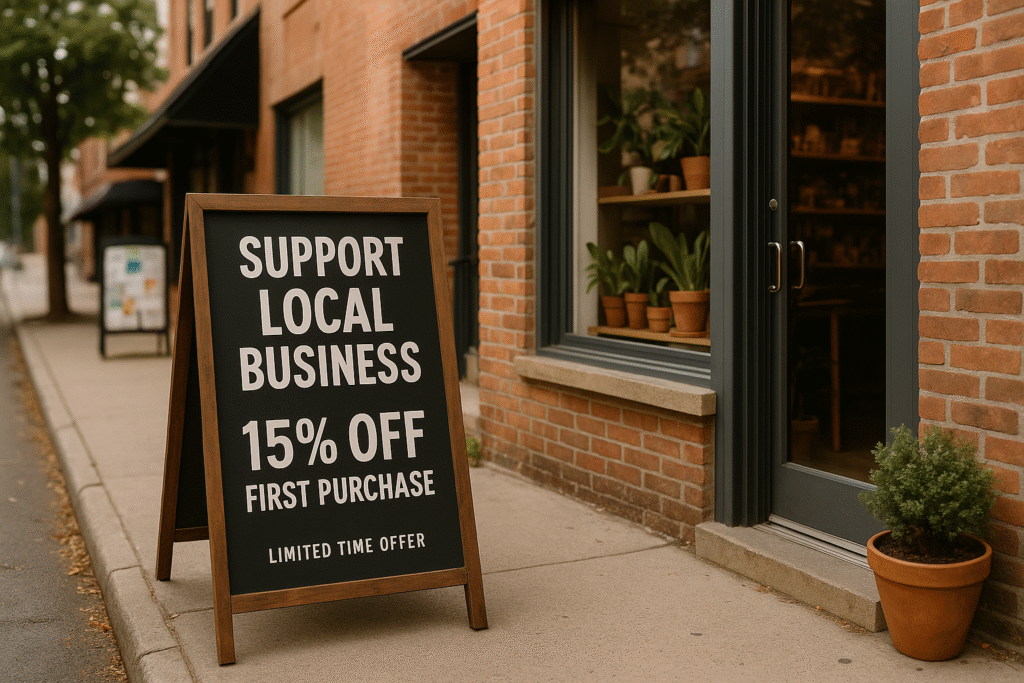The landscape of entrepreneurship is changing—and women are leading the charge. Around the world, more women are starting businesses, building brands, raising capital, and redefining leadership on their own terms.
But while progress is clear, female entrepreneurs still face unique challenges that require resilience, innovation, and support.
Neste artigo, vamos explorar o crescimento do empreendedorismo feminino, os principais obstáculos que as mulheres enfrentam e as oportunidades que estão se abrindo nesse novo cenário.
A Quick Look at the Numbers
- Women own more than 30% of all businesses globally, and this number continues to grow.
- In the U.S. alone, women-owned businesses generate over $1.9 trillion annually.
- The number of women launching businesses grew by 114% over the last 20 years, outpacing the growth of male-owned businesses.
This momentum shows not only a shift in economic power—but a shift in mindset.
Why More Women Are Starting Businesses
1. Desire for Flexibility
Many women launch businesses to create schedules that fit around family, health, or lifestyle needs.
2. Pursuit of Purpose
Entrepreneurship allows women to build companies aligned with their values, passions, and vision.
3. Frustration with Traditional Career Paths
Some women leave corporate roles due to:
- Gender bias
- Glass ceilings
- Lack of leadership opportunities
In response, they build their own tables instead of waiting for a seat at someone else’s.
Key Challenges Faced by Female Entrepreneurs
1. Access to Funding
Despite growth, women receive less than 3% of venture capital funding worldwide. Investors often:
- Underestimate women-led ventures
- Question their experience more aggressively
- Fund male-led startups even in female-focused markets
2. Balancing Multiple Roles
Many women juggle business with parenting, caregiving, or household responsibilities—without the support structures men often have.
3. Lack of Representation and Mentorship
Few female role models exist in certain industries, which can limit networking and guidance.
4. Gender Stereotypes
Societal expectations still affect how women are perceived as leaders:
- “Too aggressive” vs. “Not confident enough”
- Seen as emotional vs. strategic
- Being questioned more during pitches or negotiations
Strategies for Success: What Female Entrepreneurs Can Do
1. Join Women-Led Networks
Supportive communities offer:
- Mentorship
- Collaboration
- Funding leads
- Real talk about challenges
Look for local groups or online spaces like:
- SheEO
- Women Who Startup
- The Riveter
- Female Founders Alliance
2. Focus on Financial Literacy
Understanding finance is empowering. Learn how to:
- Budget for your business
- Raise capital
- Manage cash flow
- Prepare for investment conversations
Knowledge increases confidence and negotiating power.
3. Own Your Story
Your journey is a brand asset. Share:
- Why you started your business
- What challenges you’ve overcome
- What drives you
Authenticity builds trust—and sets you apart in a crowded market.
4. Set Boundaries Without Guilt
Say “no” to:
- Toxic clients
- Undervalued work
- Overcommitting
Sustainable businesses are built on respect—for others and for yourself.
Rising Opportunities for Female Entrepreneurs
🌍 Niche Markets
Women are creating products for other women—in beauty, wellness, tech, parenting, finance, and more—filling gaps that traditional companies have ignored.
📈 Government and NGO Support
Many countries now offer:
- Grants
- Training programs
- Tax incentives
Specifically targeted at women-led startups.
🌐 Remote and Digital Business Models
The internet has leveled the playing field. Women can:
- Launch global businesses from home
- Build communities on social media
- Sell services, courses, and products with minimal overhead
Inspiring Examples of Female Founders
- Whitney Wolfe Herd (Bumble): Built a billion-dollar dating app focused on female empowerment.
- Anitta (Poderosa Music/negócios): Combina música com negócios e marca pessoal global.
- Sophia Amoruso (Girlboss): Transformou um eBay shop em uma marca multimilionária.
- Camila Farani: Investidora e empresária referência no cenário brasileiro de inovação.
These women show what’s possible when ambition meets action.
Final Thoughts: The Future Is Female—And It’s Entrepreneurial
The rise of female entrepreneurs is not just a trend—it’s a movement. Women are not waiting for permission. They’re building businesses that reflect their values, uplift their communities, and rewrite the rules of success.
If you’re a woman dreaming of starting a business, remember:
- You are not alone.
- Your challenges are real—but so is your power.
- The world needs your voice, your product, and your leadership.
Start small. Think big. Own your path.

